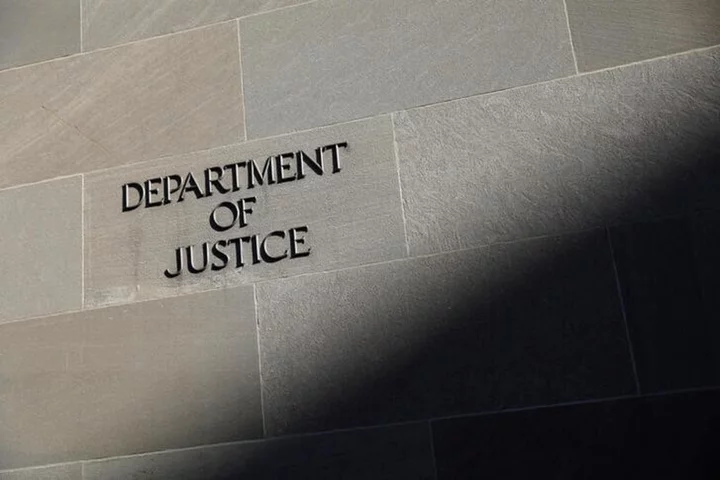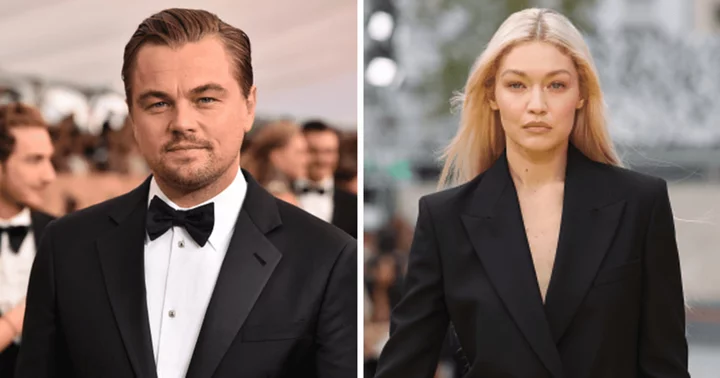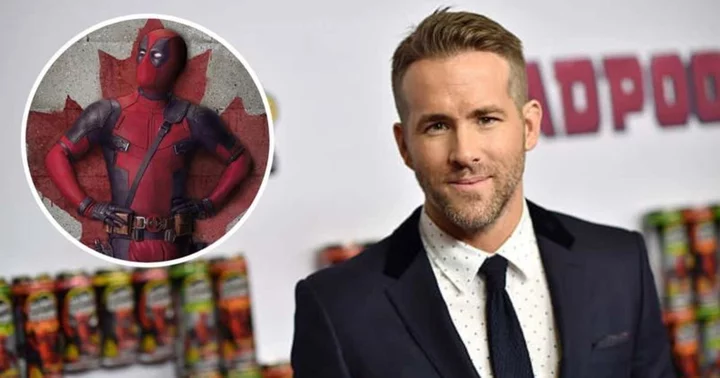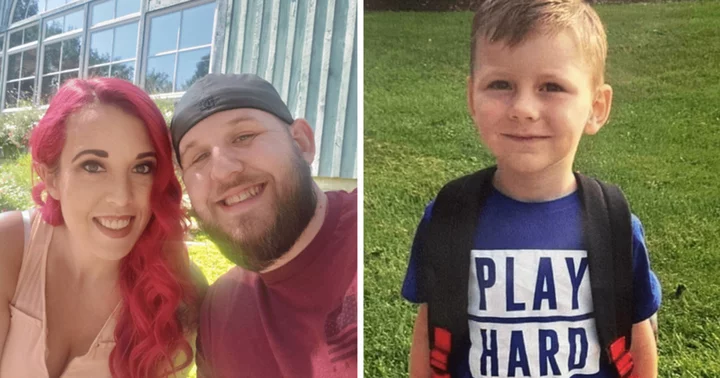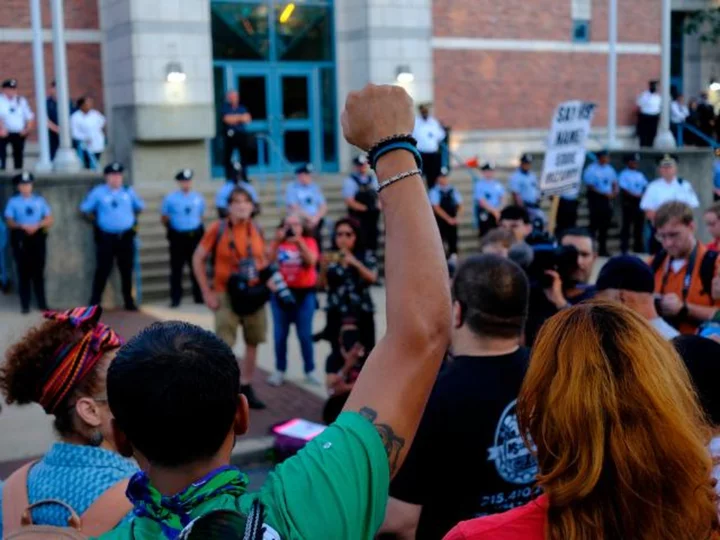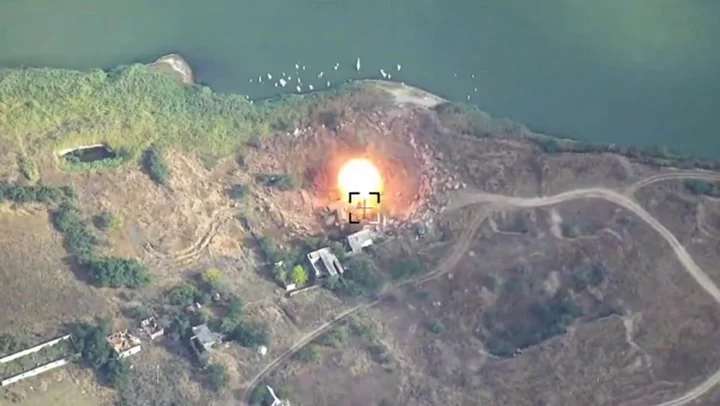By Sarah N. Lynch
WASHINGTON The U.S. Justice Department this week charged the top law enforcement official in Culpeper County, Virginia, with fraud, conspiracy and bribery, alleging he abused his authority by handing out deputy sheriff badges in exchange for cash to fund his re-election campaign.
In an indictment unsealed on Thursday in the Western District of Virginia, Culpeper County Sheriff Scott Howard Jenkins, 51, is accused of abusing his position by engaging in a scheme to appoint volunteers to serve as auxiliary deputy sheriffs in exchange for bribes.
Through this alleged scheme, prosecutors said he accepted at least $72,500. Three of the men who accepted deputy sheriff appointments - Rick Tariq Rahim, 55, of Great Falls; Fredric Gumbinner, 64, of Fairfax; James Metcalf, 60, of Manassas are also charged in the case.
The sheriff's office did not immediately respond to a request for comment. Reuters could not determine who would be representing the defendants.
In addition, the indictment alleges that Rahim paid bribes to obtain approval for a petition to have his firearm rights restored, even though he did not meet the residency requirements.
“Our elected officials are expected to uphold the rule of law, not abuse their power for their own personal, financial gain," said Christopher Kavanaugh, the U.S. Attorney for Virginia's Western District, in a statement.
As evidence of the conspiracy, the indictment cites a series of text messages and emails in which the defendants and other unnamed individuals appeared at times to explicitly discuss a quid pro quo.
"I am ready to pop a little cash on somebody and get a badge brother," the indictment quotes Metcalf as saying in a September 2019 email to an unnamed individual.
Jenkins has served as the county's elected sheriff since 2012. According to local media reports, he is running again for re-election this coming November.
The indictment alleges he authorized auxiliary deputy sheriffs to carry concealed firearms in any state without obtaining permits, encouraged them to pay bribes through other individuals, and disguised the payments as firearms purchases.
Undercover FBI agents helped investigate the scheme by posing as people who were interested in becoming auxiliary deputy sheriffs, with one of them even pretending to have a criminal record.
Both undercover agents were nevertheless granted deputy sheriffs badges, and each of them personally handed Jenkins envelopes with $5,000 and $10,000 cash, respectively, the indictment says.
(Reporting by Sarah N. Lynch; Editing by Aurora Ellis)

